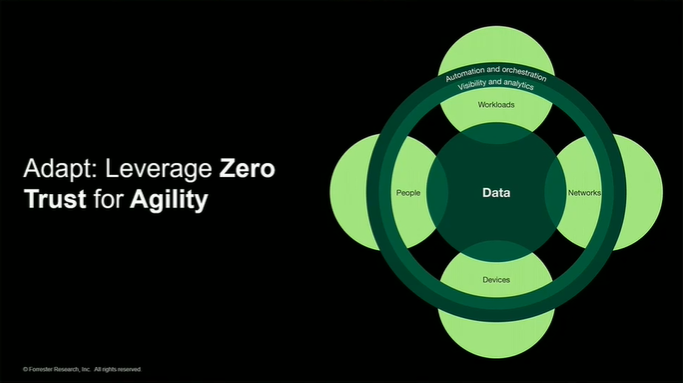Updated: 03,03,2023
Launching a new start-up? You’ll need to invest in costly software packages, in-house servers, off-site back-ups and more. Right?
Wrong. Thanks to the cloud, entrepreneurs are spoiled for choice while setting up technology platforms for their start-ups. The efficacy of cloud computing has made it a viable option for delivering IT services. As a result, entrepreneurs are now implementing cloud strategies to derive the greatest value especially in response to business outcomes. According to market researcher Gartner, the revenue generated by cloud services will cross 0 billion by the end of this year. The demand will skyrocket for all cloud-based delivery models including infrastructure, software and platforms.
Cloud computing is more than a technological paradigm for IT service delivery. It plays a greater role in helping businesses become more customer-centric while helping entrepreneurs to identify new opportunities and thus, become more competitive. Let’s see how cloud computing can help businesses to make smarter decisions.
Cloud technology refers to a “network of remote servers on the Internet.” It stores, manages and process data in a centralized location, making it accessible anywhere, anytime and from any device.
Small businesses are incorporating cloud technology because of its numerous benefits, including:
Ease of Use: Since they’re stored on remote servers in a centralized location, it is easier to access files on the cloud. Even non-technical entrepreneurs can take advantage of this technology.

In case of any disaster like a systems failure, backing up your data ensures that you don’t lose everything. When you store your data on a cloud-based application, it creates backup copies so that you don’t lose everything and stores them off-site, safe from theft, malfunction or any local natural disaster.
Businesses, small or large, use images, video and audio to support and enhance their marketing efforts. Generally, these files occupy a significant space on your hard drive. Therefore, storing them locally can be costly. Leveraging cloud technology, you can store large files on a remote server; thus, saving your local storage for other files that you need to access every day.

Since cloud-based applications allow you to store and access data at anytime, anywhere and on any device through Internet connection, you can achieve greater collaboration. This is particularly helpful if you have remote employees. According to the Microsoft U.S. SMB Cloud Computing research, “66 percent of small and medium-sized businesses said they need to allow employees to work anywhere at any time” to enhance their operational abilities.
With cloud-based applications, you don’t need to worry about servers and their management.
Besides, resources can be accessed as needed from the cloud. Another advantage of these services is that they are very quick, i.e. you can get started within minutes. Therefore you can better focus on your core business issues. For a small business this is a great opportunity to stretch their resources as well as to become more competitive.
Cloud resources are scalable. They come with the advantage of being flexible. As a result, you can increase cloud storage capacity to support your growth. When it comes to growth and resources you should not overspend but it must be enough to scale and leverage the market opportunities. With small businesses, it is often next to impossible to predict what resources you will need in the future to grow. Cloud resources allow you to react to business needs as and when they arise, eliminating the need to predict. You become flexible as an organization and your ability to meet business requirements is also enhanced.
The first phase of migrating to cloud-based applications may present some challenges. However, the vast array of cloud’s benefits makes the move totally worthwhile. There are certain factors you need to consider such as service-level agreements, pricing, robust security infrastructure, track record in cloud computing etc. In other words, you need to evaluate your potential cloud partner. To test the waters, make sure your potential partner is able to see, forecast, plan, execute and support your business’s cloud computing vision.
If it looks like a whole new ball game for you, your cloud services partner should help you address the following:
When architecting a cloud strategy, you need to consider the existing data center of your business and develop cloud-engineered data center solutions accordingly. Often cloud Service Providers upgrade and fine-tune the solutions based on your existing computing infrastructure.
With cloud technology, the best option is to take one step at a time. A lot of applications and platforms are available in the cloud. Most service providers offer a try-before-you-buy model; take advantage of it so that you can be certain about its effectiveness without taking on too much risk.
By Suraj Kumar





